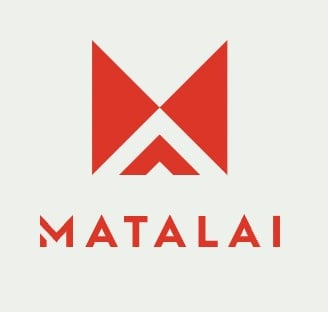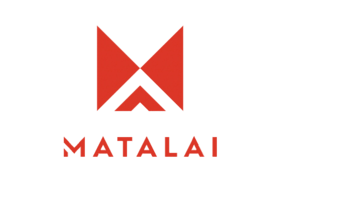
The Hidden Opportunity in Africa’s Eco-Tourism Operations
Last updated on 24th January, 2025
African eco-tourism is renowned for its exceptional guest experiences, passionate teams, and unparalleled destinations. However, behind the incredible front-of-house operations lies a persistent challenge: the high cost of doing business. Across the continent, eco-tourism organizations are losing significant resources to operational inefficiencies that, if addressed, could transform their financial sustainability and resilience.
The Cost of Fragmentation
A common pattern emerges across the sector: individual lodges and reserves operating in silos, negotiating their own fuel contracts, managing separate suppliers, maintaining independent banking relationships, and running stand-alone administrative systems. This fragmentation creates a “hidden tax” on operations, resulting in higher costs and reduced financial efficiency.
Studies reveal that 6-8% of annual budgets in the eco-tourism sector are tied up in addressable inefficiencies. For an industry with already tight margins, this represents a major opportunity to create “new money” — funds freed through operational optimization that can be reinvested in growth, sustainability, and guest experience.
Modernizing for Impact
The solution lies in adopting modern business practices and leveraging collaboration without compromising the unique, authentic experiences that define African eco-tourism. Key opportunities include:
• Collaborative procurement: Lodges and reserves combining purchasing power can reduce costs on essentials like fuel, insurance, and supplies by 15-20%.
• Streamlined financial systems: By integrating modern payment platforms and optimized banking relationships, transaction costs can drop by 30-40%, while reconciliation becomes faster and more accurate.
• Shared administrative resources: Centralized systems for HR, finance, and logistics can cut overheads significantly, improving efficiency without increasing complexity.
Building Sustainable Operations
The future of African eco-tourism depends not only on delivering unforgettable experiences but also on creating financially sustainable operations. By addressing operational inefficiencies, organizations can free up resources to enhance guest experiences, invest in conservation, and build long-term resilience.
The tools and expertise to achieve this transformation already exist. Operational efficiency is no longer a “nice-to-have” but a necessity for businesses to thrive in a competitive and evolving market. By embracing collaborative purchasing, integrated financial systems, and modern business practices, Africa’s eco-tourism sector can achieve operational excellence while preserving the authenticity and passion that make it extraordinary.
Sources:
• Operational cost analysis from African eco-tourism operators (2022–2023).
• Case studies on collaborative procurement and financial optimization in the hospitality sector.
• Industry benchmarks for transaction cost reduction and administrative streamlining.
17 Kloof Street, Cape Town 9009, South Africa
info@matalai.com
+27 (0) 21 362 1891
Matalai 2024. All rights reserved.


